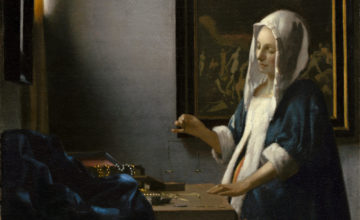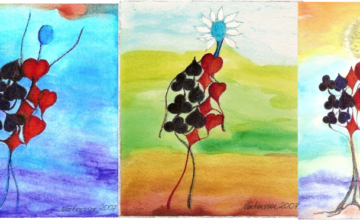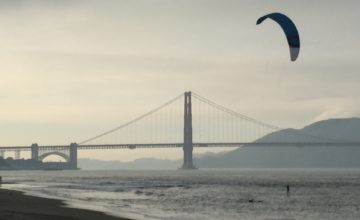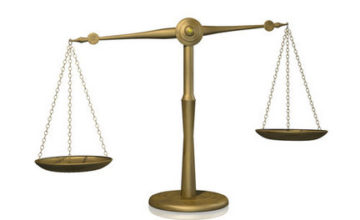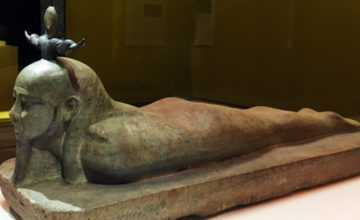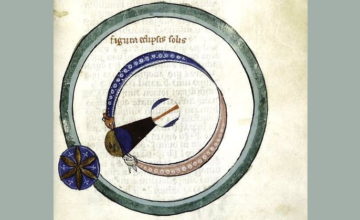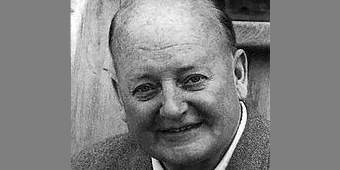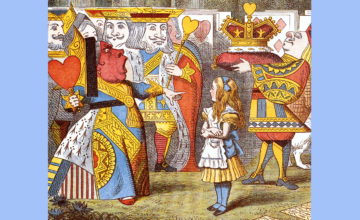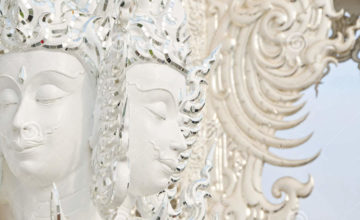
Balancing Yin and Yang
Human beings are subjective. Each person sees the world through his center of gravity. Man has four brains, an instinctive, moving, intellectual and emotional center. Part of a person`s make-up is the fact that one of these centers is predominant and a person experiences the world more through this center than the other centers. A […]
Read More…